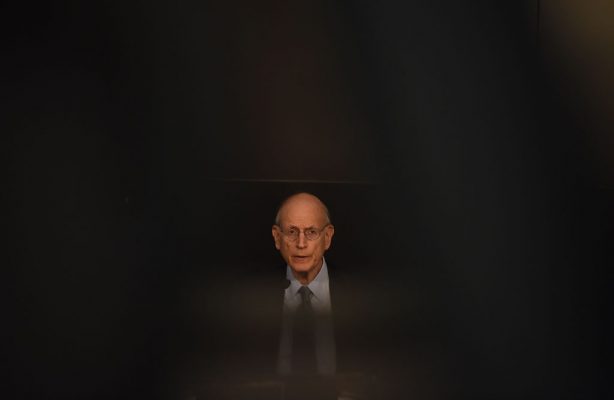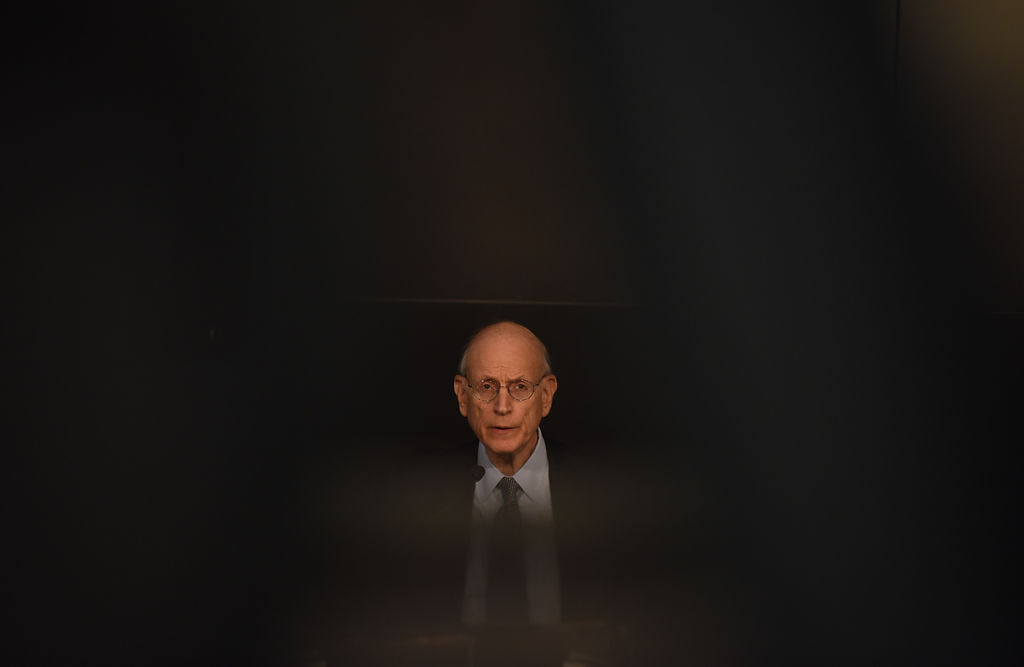News trend
Former President Jimmy Carter’s legacy deserves reconsideration says former domestic policy adviser
Former President Jimmy Carter’s legacy deserves reconsideration says former domestic policy adviser
Former President Jimmy Carter always said George H.W. Bush was his favorite successor.
Stuart Eizenstat, Carter’s chief White House domestic policy adviser, reminisced on Wednesday that the two former presidents had many similarities despite their differing party affiliations. Eizenstat spoke Wednesday at MU.
“Both were ferocious campaigners, but who, once elected, governed from the middle, who reached compromises on important areas,” he said. Both presidents “were not afraid at all — quite the contrary — of reaching across the aisle, as we say in Washington, to form bipartisan consensus. Both tried to do the right thing when they were in office, even if it was politically unpopular.”
Eizenstat, an attorney and special adviser for Holocaust Issues to the U.S. State Department, was formerly U.S. ambassador to the European Union and spoke at the Reynolds Journalism Institute as part of his book signing tour.

The book, “President Carter: The White House Years,” gives a history of the Carter Administration, drawing from both Eizenstat’s 5,000 pages of notes from his time as Carter’s chief White House domestic policy adviser and over 350 interviews.
The book isn’t just about Carter’s administration. It’s about people.
It’s about Carter’s mother, Lillian, who was a young registered nurse in the late 1920s and early ‘30s. She tended to both black and white patients and was paid in vegetables and chickens, he said.
It’s about Carter’s wife, Rosalynn, who evolved from being nervous to talk on the campaign to a successful first lady, he said.
And it’s of course about Carter himself, a man who understood the mood of the public and the importance of restoring dignity, honesty and integrity to the presidency, he said.
Eizenstat said that he doesn’t shirk from discussing problems the administration faced. However, the problems aren’t the whole story. “They have obscured the major achievements at home and abroad that Carter accomplished,” he said. “And I wanted, in the lifetime of eyewitnesses, including (Carter), to write a book before history’s verdict that he was somehow a failed president was indelibly sealed in people’s minds.”

Eizenstat spoke about what he viewed as great achievements of Carter’s administration, including an energy policy that had conservation at its center.
“I was with him literally as he put a solar panel on the White House roof to demonstrate symbolically that this was the future of our energy,” he said.
He was a great consumer champion, Eizenstat said, appointing consumer advocates to regulate industries and ending restrictive regulation on all modes of transportation. Airlines like Southwest, JetBlue and Spirit would be impossible without this, he said.
“We democratized air travel,” he said. “We brought it to the middle class.”
Carter also put human rights at the forefront in foreign policy, he said.
During the question and answer session after the speech, Eizenstat addressed comparisons of Carter and President Donald Trump. Though Carter and Trump ran as political outsiders against the Washington establishment, that’s where the similarities end, he said.
“Carter’s concept was to reform government, to bring people together, to bring minorities and women into the mainstream, not to divide one group against the other. To respect our institutions, to work with our allies, and not to sharpen the divisions in a country like ours which is a polyglot of different groups. And I think that stands in some contrast to what we see today,” he said.
Brady Deaton, chancellor emeritus and executive director of the Deaton Institute for University Leadership in International Development, said it’s a tremendous honor for the university to have such a distinguished guest who has played such a role in history.
Eizenstat brought out the significance of Carter, a president who inspired a generation, Deaton said.
“I really believe his foreign policy values and human rights values in foreign policy have really shaped the environment,” he said.
In the end, Carter was too conservative for liberals and too liberal for conservatives, Eizenstat said.
“I’m not nominating Jimmy Carter to be on the face of Mount Rushmore,” he said. “I am suggesting he belongs in the foothills, with a number of other presidents who made great contributions to their country and to their world.”

